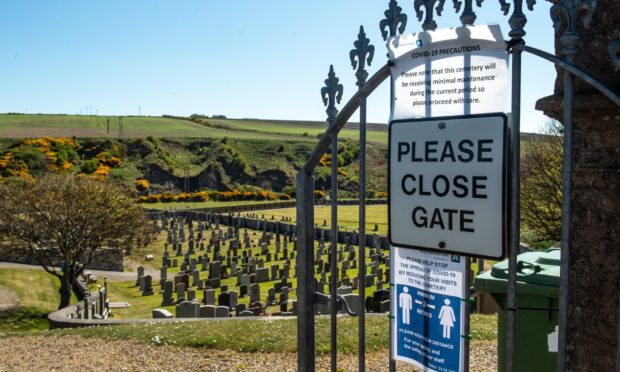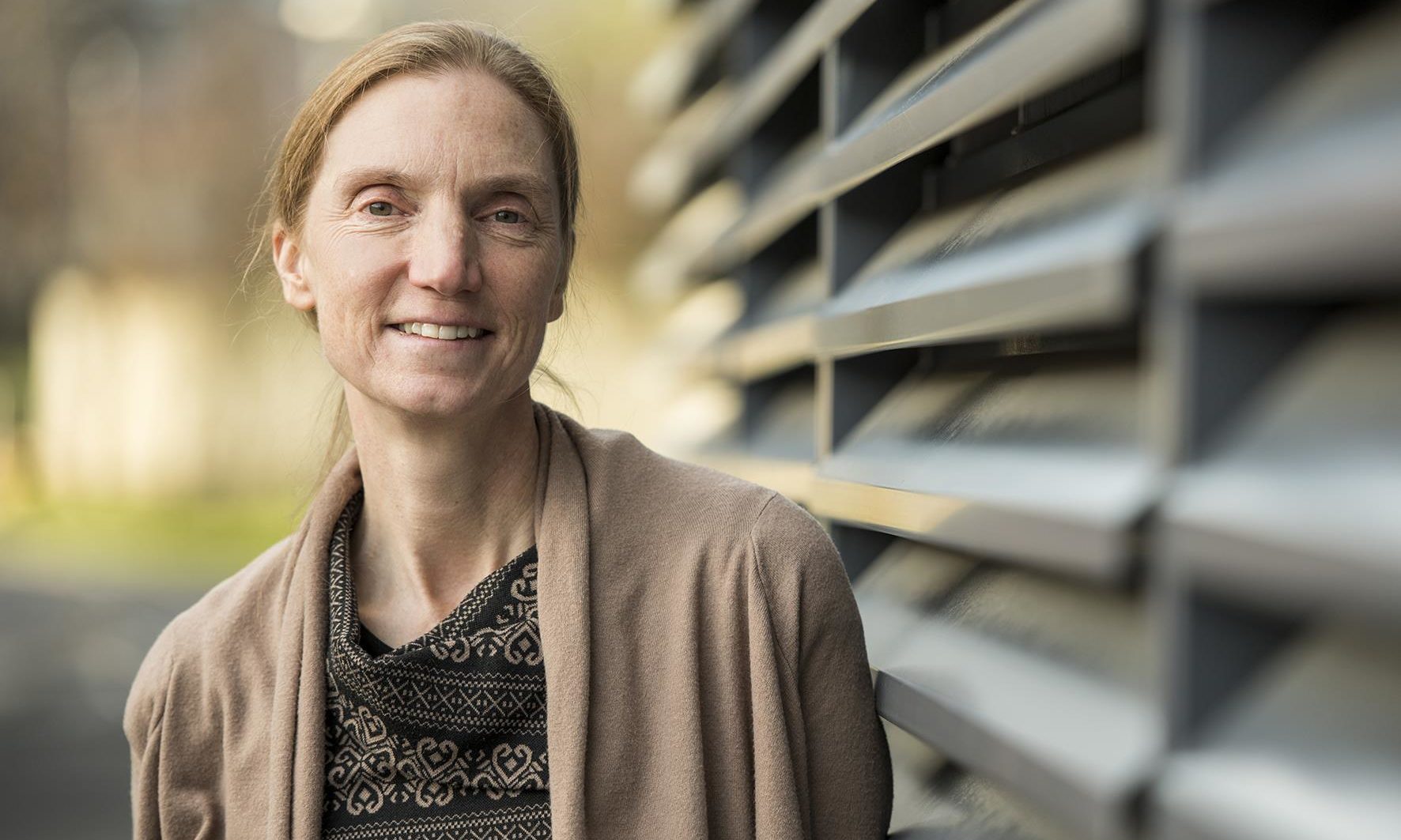Covid’s impact on funerals and bereaved families is to be investigated in a new study by north-east researchers.
The work, being carried out at Aberdeen University, will examine the experiences of bereaved family and friends, funeral directors and celebrants.
And it will look at the new practices that have emerged as a result of the requirement for physical distancing and other restrictions imposed by public health officials that have forced plans for scores of funerals to change.
For many that has added to the distress of the loss of a loved one but researchers believe they will also find that in some cases the development of new funeral practices have been welcome.
With limitations on the number of mourners allowed to attend, and travel restrictions in place, many services have been streamed online for those unable to gather.
While this has made “attendance” easier for some, this has in turn raised further issues for those in rural communities, where patchy internet connections cannot cope with the video feeds.
In the north, the traditional Hebridean funeral walk has not been able to take place.
Conducted in silence, it has a double chain of male relatives, neighbours and colleagues of the deceased lining up to take turns carrying the casket in a final act of respect.
Ceremonies such as these are among those which will be investigated in the study, being led by Professor Vikki Entwistle, the university’s chair in health services research and philosophy.
It is hoped the project can then inform “careful consideration” for how policies and practices can be developed in the future.
The team will bring together a number of disciplines, including archaeology, philosophy and theology, when analysing the experiences of “disruption, distress, adaptation and innovation” over the last year.
This will include interviews with bereaved families and funeral service providers, covering different faiths and those of none.
Professor Entwistle said: “Many of us have been bereaved, or know someone who has been bereaved, during the pandemic.
“In some cases the restrictions have added stress and a sense of injustice to the experience of funerals.
“Funeral directors and celebrants, as well as bereaved families and friends, have experienced the disruption as challenging.
“Their work can be considered a form of care for people who have died, bereaved families, friends and communities – yet they have not been studied as professional groups to the same extent as those who are more typically considered part of health and social care services.”
Anyone interested in participating in the study can contact researchers by visiting abdn.ac.uk/care-in-funerals.

